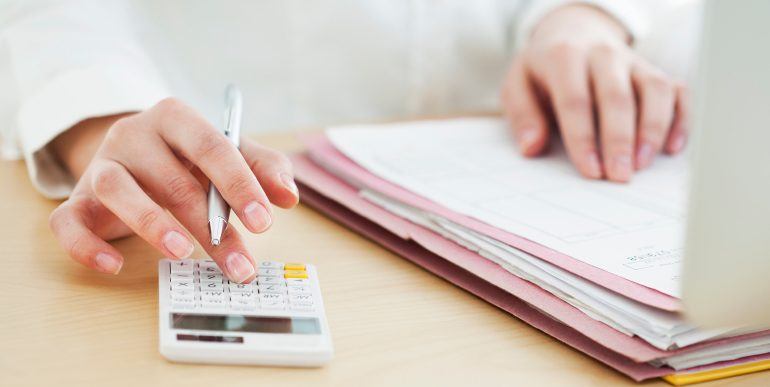Golden Moment to Pay Off Your Credit Card (2)

When should you pay back your credit cards which will also affect your credit score and so on.
The link between repayment and credit score
In fact, repayment is closely related to credit scores. If you don't pay it back in time, it can affect your credit score and even your future credit usage.
Late Payment/Miss payment will reduce credit scores
There's no doubt that without paying back, credit score assessment agencies will certainly lower your credit score. So, if you don't have any money to pay off all the Statement Balances, and even if you don't have any money to pay off all your money for the time being, pay off the minimum payment before the due date, or the interest rate will skyrocket and you'll owe more and more money.
Statement Balance and Credit Scores
We know that your credit score is also related to the proportion of your arrears. If your Statement Balance is over-represented with your total Credit Line(Credit Line refers to the bank grants its basic customers a certain amount of credit limit, that is, a specified period of time, the enterprise can recycle so much money.), your credit score may drop. And once you pay off all your debts, which is proof that you have the ability to pay them back, your credit score will rise again. So, if you have free money to pay off a portion of your debt before you pay your bills, you might want to pay off this portion, so that your balance after your bill is lower, which will help you grow your credit score.
The other extreme is that you pay off all your debts every time you pay off your bills, and your Statement Balance is always 0, which also has an adverse effect on your credit score, because from the report, you don't owe money to pay it back. If you never owe money to the bank, how do anyone know your ability to repay? Therefore, you can leave a special part of the consumption do not pay off, after the bill came out.
To be particularly aware, this refers to the practice under Grace Period. Also, leaving a portion of the spending is not in the due date to pay off all the money. Take the AMEX card above: I'm definitely paying back $400 before due date, and then I'll probably pay back another $150, so my total statement balance is about $50, and I'll owe AMEX $50 when the bill comes out. By accounting for my card's debt/credit line, it's about $50/$10,000-0.5%, which is healthy.
In general, it is easier to maintain debt/creditline at around 1%-5%, preferably more than 20%, and if more may lower the credit score. And it's not good to be 0%.
Summary
This article discusses the terms of the billing cycle and when to pay off your debt. If you're in a healthy financial situation, it's a good idea to pay off your debt each month while keeping the Statement Balance at about 1%-5% of your limit when you're out of the bill, so your score will go up.



